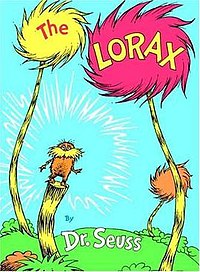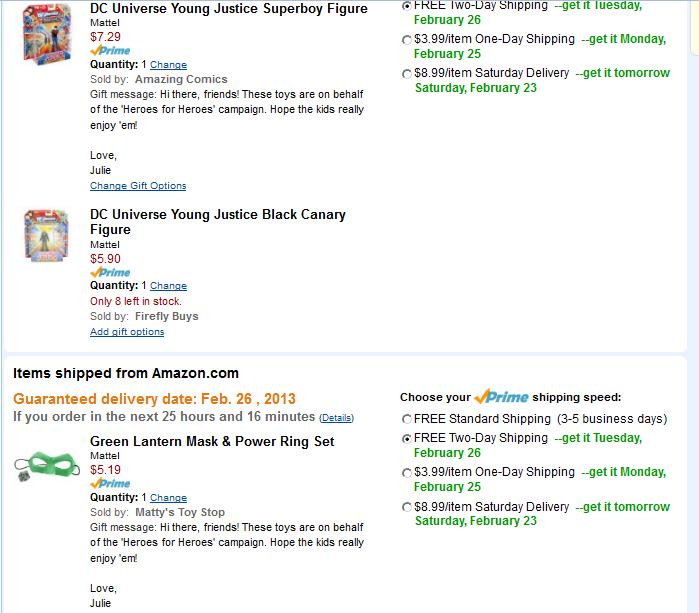Wesch certainly has a way with words. His TED talk engages the viewer, and his use of technology certainly cemented his point. In fact, his talk is very inspirational, in that he starts off by citing the mindset that many people probably face (that the world is on fire) and concludes his discussion by finishing up the story (that the combined efforts of many – motivated by the efforts of one individual – can stop the fire).
I liked that he pointed out the irony of the Dove commercial (a video of a beauty company criticizing the beauty industry); at the same time, I can appreciate that Dove provided that commentary to the general public, because it’s a thing that most people don’t even notice. We’re subjected to so very many advertisements every day that they become ingrained in us to the point where they’re almost “natural.” As a sociology student, when I saw the commercial I thought about the benefit a video like that can have on de-brainwashing people; on waking them up from that trance; how something like that could help and prevent children from being susceptible to that brand of advertising (and the subsequent self-esteem and body issues that come with it).
Indeed, I viewed its parody in a similar way. It made me think back to my own childhood, and I wondered if my favorite Dr. Seuss book, The Lorax, effected my views on the environment and deforestation; which further made me think about the socializing effect of children’s books (as a form of media); and how children are so easily influenced. And this brought me to how the modern technological era will affect the kids growing up right now.

Plus, the Dove spoof video provided a great
example of his message: that such efforts can make change! That one person can
make an impact. Technology can be used as a new vehicle for saving the world,
especially when infused with teaching young people to be knowledge-able rather
than simply knowledgeable. Although it isn’t easy to “connect, organize, share,
collect, collaborate, publish” in real life, the media does make it technologically
easier to do such things. This harkens back (to me) in fan-campaigns. While
this doesn’t quite compare to changing the world and fixing the problems within
it, I still love seeing the power of a good fan-campaign, because it’s an
example directly relevant to me that working together can accomplish goals.
Right now, for example, there are several campaigns in motion to save the shows
Green Lantern: the Animated Series
and Young Justice (whose cancellation
you might have read about before on my blog).
One of these efforts (my favorite of the bunch) is
sending toys (preferably superhero toys) to a charity. They’re calling it
Heroes for Heroes. The goals are that it will: 1. Make a bunch of kids happy,
2. Produce sales for the show’s merchandise, which will make the network happy
(but doing it in a way that helps other people so that it doesn’t feel like a
waste), and 3. If enough people send things in, perhaps receive media
attention. I, personally, am a fan of hitting multiple targets with one arrow.
But Wesch’s talk reminded me that fifteen years ago, that kind of campaign
wouldn’t have been possible (or would have at least been far more difficult),
because all of the organization was done online and there wouldn’t have been
another way for the fans to connect and collaborate to accomplish the goals.
(FYI, I won’t know if the Heroes for Heroes campaign is a success for about a
week or two probably, because the send in date was today so the charity hasn’t
even received the toys yet. Mine should get there by Tuesday, but that’s with
2-day-shipping from Amazon, so it might be about a week before the others get
there).
 |
| I pic of some of the stuff I sent in. |
Questions, comments, Concerns?
Perhaps in class or in the comments we could further
discuss the impact of having technology in the classroom. Do you, like Wesch,
think that it will be an overall benefit if utilized correctly? Or do you think
it will cause the majority of the population to fall into a techno-zombie –like
state? How do you think we could use technology to change the world?
Dove campaign raises many layers of conversation. Interesting use of a text. Do you think watching Wesch had a different effect then reading him?
ReplyDeleteMost likely. When you see him live you can hear his tone of voice and see his face, so it's reasonably clear when he's being facetious (something I sometimes fail to catch). I think watching him was more engaging than reading him (or, at least, is was for me), and the visuals he provided were easy to understand. Typically, I prefer reading a text rather than viewing one, but in this case I found the video much more compelling.
Delete